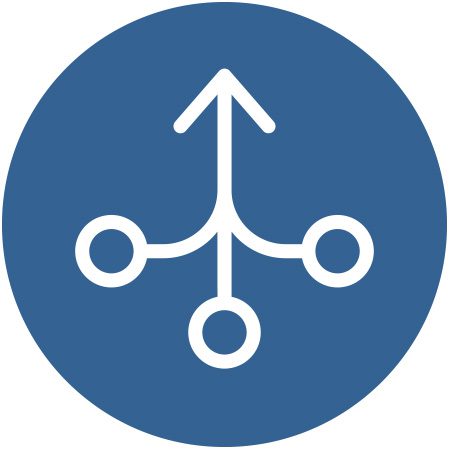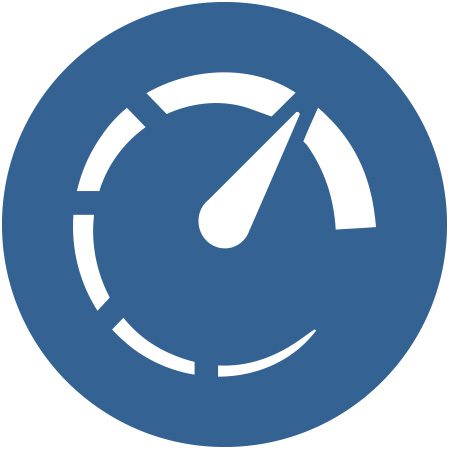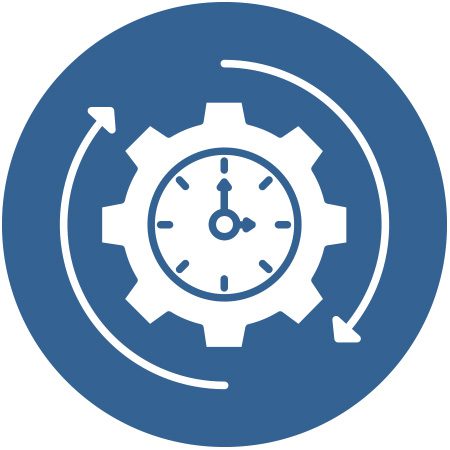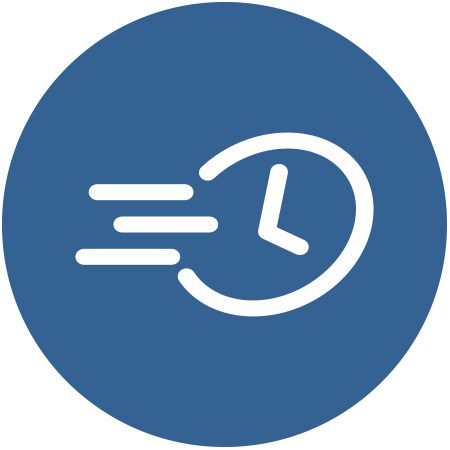The Situation
A mid-size biopharma company had an ambitious inorganic growth strategy but a fragmented data ecosystem, with each brand and function using its own data universe.
- There were a variety of data sources, models and integrations. Every brand needed data from different vendors depending on therapeutic area, so data models and integration were implemented for each brand. Maintaining these custom pipelines and ensuring data quality became a resource-intensive exercise as the usage of data grew.
- Performance metrics meant different things cross-functionally. Having multiple definitions for the same metric (such as sales or conversions) led to friction between teams, delays in decision-making and the need to find out who had what data.
Trinity’s Solution
Trinity recognized these issues as data operations efficiency challenges and created a data ecosystem that operationalizes data in a scalable manner so data from new acquisitions could be easily integrated.
- Vendor-Agnostic Data Model: Leveraging our deep life sciences domain expertise and data partnerships, a vendor-agnostic common data model was designed that could connect to any data source and automatically trigger the right transformations to ensure that the relevant KPIs were calculated and refreshed. The data model is easily extendible to include new metrics and first party data whenever needed.
- KPI Standardization: Trinity’s data analysts worked with business teams from across the organization to identify important common KPIs, create standard definitions and evangelize them—essentially creating a common language for company communication.
- No-code, Life-Sciences-Specific Tools: Trinity Terra, a comprehensive data management solution, was used to implement the common data model for existing brands. TrinityEDGE™ Foundations tools facilitated no-code data wrangling to quickly create new data flows and add new metrics that powered requirements that weren’t part of the initial design.
Project Outcomes

A single source of truth and common language for performance metrics across brands and functions.

Built-in accelerators for life sciences data resulted in 50% faster implementation of data foundation vs. the client’s initial estimate.

Integration of newly acquired brands within 45 days instead of 6-7 months
(industry average).
If you have any questions, we’re here to answer them.
We look forward to helping identify solutions for you.
Technologies and approaches that leverage advanced analytics and AI for driving commercialization strategies will have a significant impact on LSOs. We expect digital life science platforms to be mainstream in the next five to 10 years, enabling them to nimbly adapt their business and operating models in response to external disruption and change in business strategy.
—Gartner®*
In the August 2024 Gartner® Hype Cycle™ for Life Sciences Commercial Operations report, Trinity Life Sciences is recognized as a Sample Vendor in the following sectors:
- AI in Commercial Operations
- Advanced Decision Support for Sales
- Personalization Engines in LS (Life Science)
- D&A (Data & Analytics) Platforms in Commercial LS
